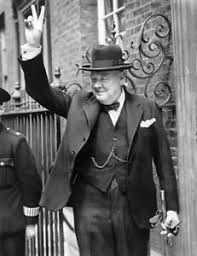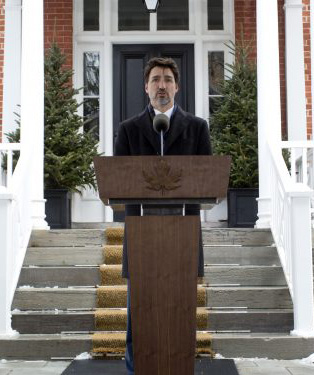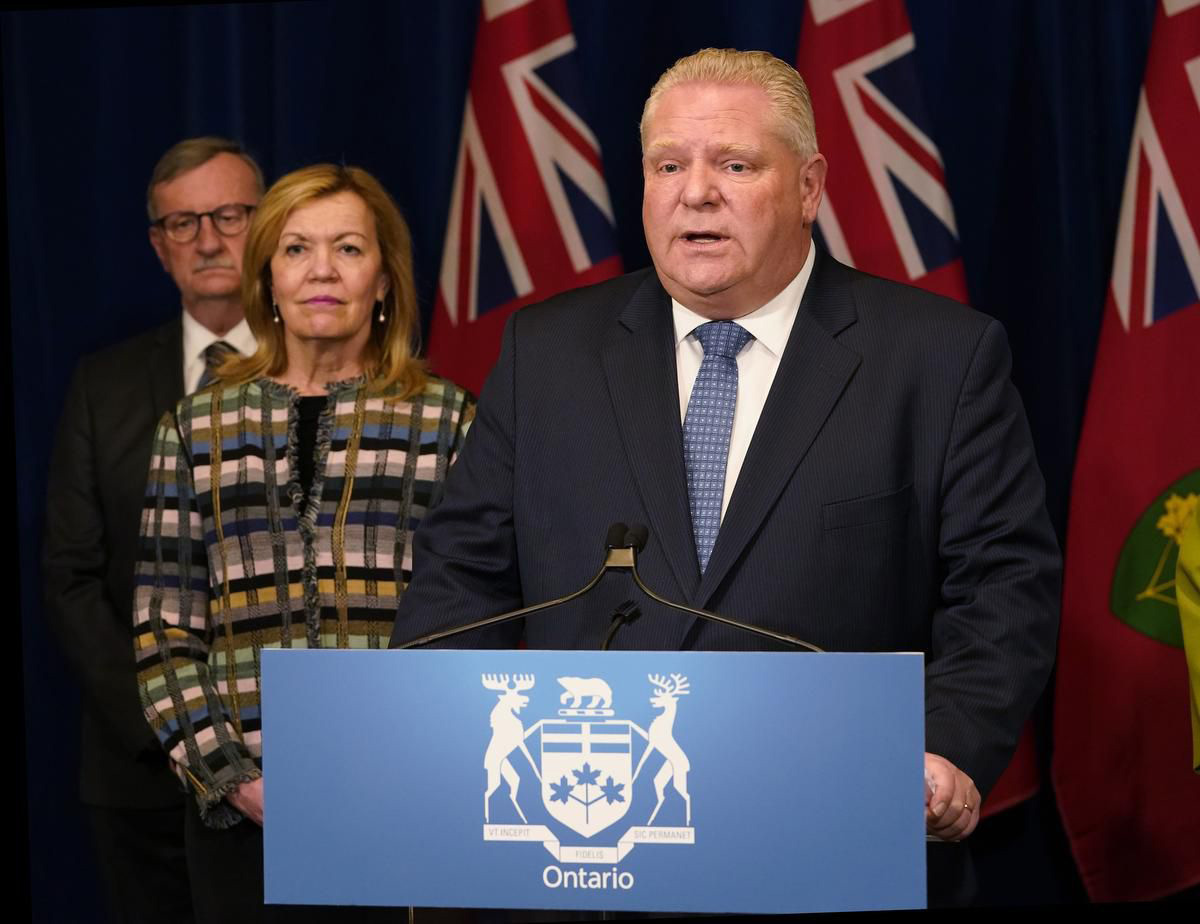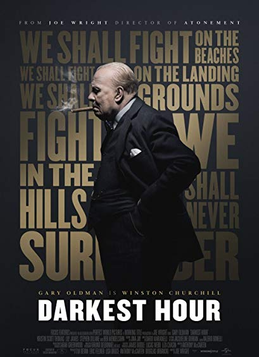
It’s come back to me often the past few weeks. It’s the last scene from the movie Darkest Hour. Winston Churchill, just a few weeks into his wartime administration in May 1940, watches across the English Channel as Belgium falls to the Nazis. Then, France falls. Desperately, he entreats thousands of private boat owners in England to retrieve retreating British Army troops – 300,000 of them – from the beaches of Dunkirk. And he contemplates Hitler’s invasion of Britain, delivering in the House of Commons one of many momentous wartime speeches:
“We shall fight on the beaches…” he proclaims. “We shall defend our island, whatever the cost may be.”
As author Simon Montefiore wrote in Speeches that Changed the World, Churchill had taken the events of the Second World War, as dispiriting as they were, and turned them “from potential doom and despondency into self-belief, defiance and purposefulness.” By exaggerating what was at stake, he cast his beloved fellow citizens into a global drama about saving civilization.
In other words, Churchill had stepped up and exhibited what the times demanded: inspiring leadership. And while that war against fascism differs vastly from our current war against a COVID-19 virus, in 2020 our belief in surviving this pandemic may well depend equally on the inspiration of those around us.

I think all of us – no matter what political stripe – watched with great anticipation that first day (March 13) when the Prime Minister emerged from Rideau Cottage – he and his children in isolation, his wife in quarantine. He’d cancelled a meeting with the premiers the night before. Parliament would be recessed. All Canadians wondered what next?
And into the microphones at the foot of the cottage steps, Justin Trudeau announced, “We will help Canadians financially.” Granted, those words were hardly Churchillian. But clearly, Trudeau (and his advisors) chose to address immediately what everybody in the nationwide lockdown was suddenly fearing: How do I replace that next paycheque? What about next month’s rent, groceries, care for our elders?
Meantime, some of those same premiers put everything else aside – including partisan politics – Francois Legault becoming the first to ban gatherings in Quebec, Jason Kenney offering to pay industry levies for the already battered oil patch in Alberta, and Stephen McNeil outing those carrying on their group walks and St. Patrick’s Day parties in Nova Scotia.
“This is a wake-up call,” McNeil declared. “When we say stop gathering and stay at home, we mean it!”

The actions and remarks of Premier Doug Ford have proven equally compelling, in recent days. This past week, sensing that the vast majority of Ontarians have trusted their governments through this, taking their advice, abiding by their “states of emergency,” and putting a virtual freeze on all public life, the premier responded in kind. Ford promised to square with the province, to tell citizens, “You deserve to know what I know.”
He and his health-care specialists then revealed that virus models project between 3,000 and 15,000 Ontarians could die from the virus over the next 18 months to two years, even if current physical-distancing measures remain as strict. Some (myself admittedly) wondered what political objective the premier had in mind.
But all that evaporated on Sunday when Premier Ford openly criticized the U.S. president (when others wouldn’t) for slapping an embargo on U.S. shipments of personal protective equipment to Canada.
“In a major crisis, they want to cut everyone else off?” he told reporters on Saturday. “We’re at war and they want to shut things down with their closest ally in the world? That’s totally unacceptable!”
And speaking of leadership, I wouldn’t have expected the Queen’s message to offer much more than her typical Christmas goodwill greeting. But was I wrong. It was only the fifth time during her 67-year reign that Elizabeth II delivered such a powerful public rallying cry. In barely four minutes, she recognized the heroism of health workers, the resolve of Britons and the pride of their history.
Finally, in what had to be, if not a Churchillian moment then one echoing the chin-up sentiment of Britons during the Second World War, she delivered her sign-off, a la Vera Lynn.
“We will be with our friends again,” the Queen promised. “We will be with our families again. We will meet again.”

The oratory of leadership, if ever there was. And I remembered again, that final scene of Darkest Hour, when actor Gary Oldman, as Churchill, reaches the climax of his “We shall fight on the beaches” speech, empowering his listeners in the House and across his beleaguered nation, claiming finally, “We shall never surrender.”
His chief rival in cabinet, Viscount Halifax, portrayed by actor Stephen Dillane, listens and assesses what Churchill has just done for the nation. “He (has) mobilized the English language and sent it into battle.”
May our leaders all find such inspiration and cause.
Hello Ted,
I came across you accidentally, but pleased to have done so and very interested to read your articles. I’m English, age 73. I lived in Canada in 1966/1967, firstly in Winnipeg, then Vancouver and finally Toronto. In Toronto, I lived on Huron Street near to the University. I worked at Simpsons and used to travel on the train up Yonge Street to Bloor Street – happy days. I was interested to read your piece about Winston Churchill. I’m actually just doing the final editing of a novel titled ‘Reichsfuhrer Winston Churchill’ which is based on the true event when Rudolph Hess, Hitler’s close friend and second in command of Germany, made a daring, single-handed flight to Britain on 10 May 1941 with the intention, through the Duke of Hamilton, of convincing Churchill and the King to agree to the creation of a United States of Europe under Germanic control – essentially to defend Western Europe from the danger posed by the Soviet Union. Of course, the plan failed and Hess ended up spending the rest of his life in Spandau Prison. In my novel the plan succeeds and a peace deal is made before Germany attacks the Soviet Union in June 1941. I wrote an earlier novel titled ‘Treasure Quest of the Third Reich’ which was first published in 2009 by YouWriteOn.com, a print-on-demand publisher: it was published as a hard copy. It was then published as an ebook by a small publisher here in England. Unfortunately, the publisher ripped me off in various way but I’ve now had right reverted to me – so I’m now wondering what to do about publishing it. As I’m sure you’ll appreciate, getting a literary agent and a mainstream publisher is incredibly difficult if not impossible.
Best wishes, Malcolm.